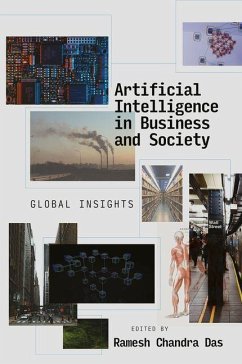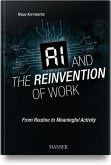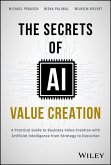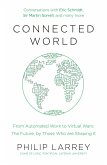While AI is driving advancements in business and society, it also introduces challenges like ethical dilemmas and e-pollution. Its impact on both economic and social fronts is undeniable, with the potential to drive innovation, increase efficiency, and reduce waste. However, this great potential comes with significant responsibility, as the ethical implications and risks of AI must be carefully managed to harness its benefits for addressing global issues. In Artificial Intelligence in Business and Society: Global Insights, authors delve into the multifaceted impacts of AI on business economics and social structures. This edited volume is divided into two sections: the first examines AI's influence on economic growth, financial inclusion, and technological innovation, with contributions from experts across various fields. The second section explores AI's social implications, including its role in education, job markets, health outcomes, elections, and human rights. Through diverse international perspectives, this work provides a comprehensive understanding of AI's potential to drive sustainable development and address global challenges. This collected edition is essential for policymakers, educators, business leaders, and anyone interested in the transformative power of AI. It offers valuable insights into how AI can drive sustainable development, improve human well-being, and address global challenges, while also highlighting the ethical considerations and risks involved.
Bitte wählen Sie Ihr Anliegen aus.
Rechnungen
Retourenschein anfordern
Bestellstatus
Storno








